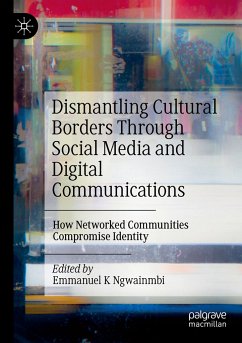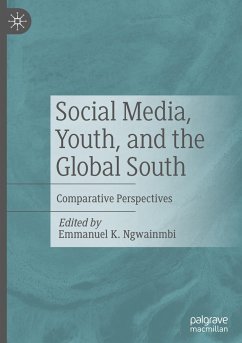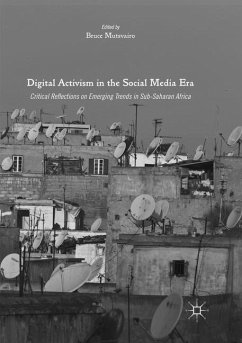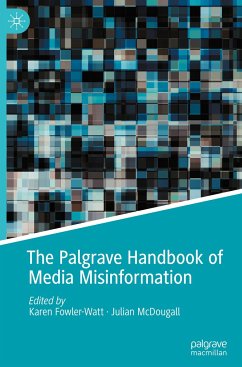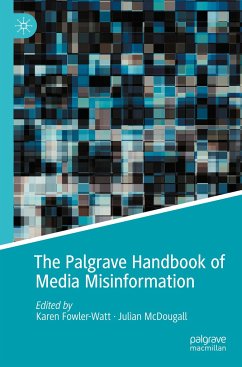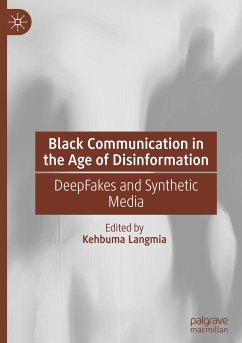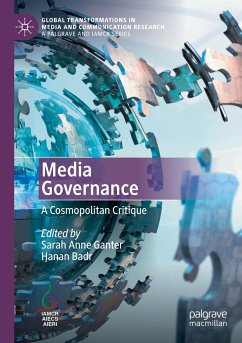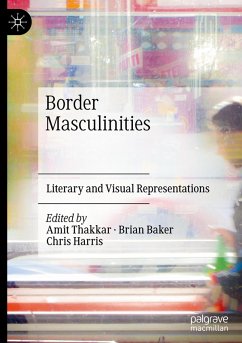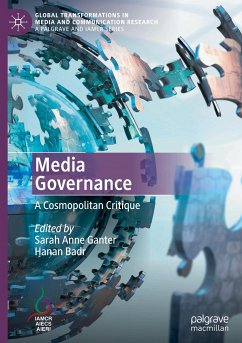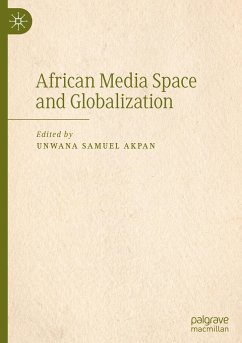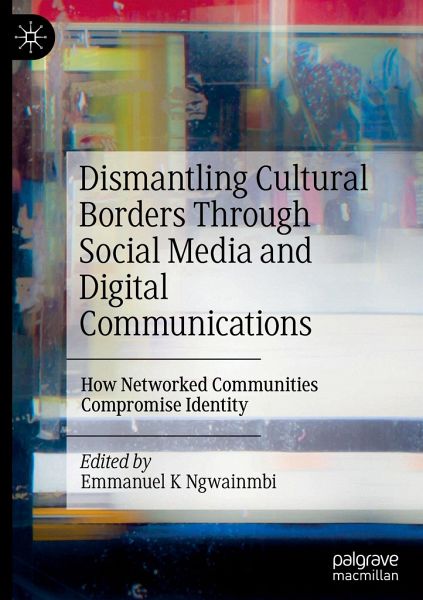
Dismantling Cultural Borders Through Social Media and Digital Communications
How Networked Communities Compromise Identity
Herausgegeben: Ngwainmbi, Emmanuel K.

PAYBACK Punkte
53 °P sammeln!
This book explores how social media and its networked communities dismantles, builds, and shapes identity. Social media has been instrumental, sometimes dangerously so, in binding together different communities; with thirteen original chapters by leading academics in the field, the volume investigates how belonging, togetherness, and loyalty is created in the digital sphere, in a way that transcends, and even dismantles, ethnic and national borders around the world. In tandem, the volume analyses the further threats to identity presented by the ease with which fabricated news and information s...
This book explores how social media and its networked communities dismantles, builds, and shapes identity. Social media has been instrumental, sometimes dangerously so, in binding together different communities; with thirteen original chapters by leading academics in the field, the volume investigates how belonging, togetherness, and loyalty is created in the digital sphere, in a way that transcends, and even dismantles, ethnic and national borders around the world.
In tandem, the volume analyses the further threats to identity presented by the ease with which fabricated news and information spreads on social media, resulting in many users becoming unable to distinguish credible data from junk data. Social media is both creative and destructive in its influence on identity, and therefore the growing fake news crisis threatens the very stability of the world's communities. This book provides relevant theoretical frameworks and the latest empirical research findingsin thearea, including diverse case studies and analyses of social media experiences in indigenous and urban communities around the world, including China, Africa, and Central and South America.
In tandem, the volume analyses the further threats to identity presented by the ease with which fabricated news and information spreads on social media, resulting in many users becoming unable to distinguish credible data from junk data. Social media is both creative and destructive in its influence on identity, and therefore the growing fake news crisis threatens the very stability of the world's communities. This book provides relevant theoretical frameworks and the latest empirical research findingsin thearea, including diverse case studies and analyses of social media experiences in indigenous and urban communities around the world, including China, Africa, and Central and South America.





